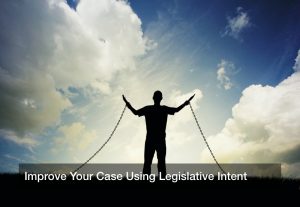

Laws are created for a reason. That much is clear. However, as time goes on, those reasons tend to become lost to history, while the antiquated legal statute created to rectify the problem remains on the books, often to the confusion and amusement of the government’s citizens.
Here are a few such strange legal statutes that we were able to dig up in our legislative research for your entertainment.
No Bear Wrestling in Alabama.
According to Alabama Code Section 13A-12-5, it’s a felony to wrestle a bear. Though bear wrestling is considered a pretty fun hobby to some strange minds, the Southern state considers it an inhumane exploitation. The legal statute even covers loopholes, making it illegal to also buy or sell a bear, or even promote a bear wrestling match. If caught, criminals would have to pay for the bear’s medical treatment.
No Suffrage For Idiots in New Mexico.
According to Article VII of New Mexico’s state constitution, a person is qualified to vote only if they’re not a felon, an insane person, or an idiot. What’s interesting is that New Mexico is the only state to have such a legal statute. Ohio, Mississippi, and Kentucky all have similar constitutions.
No Plumber’s Crack in Michigan.
According to a legal statute created in Flint, Michigan by the city’s Chief of Police back in 2008, sagging your pants can send you to jail for 93 days. You’ll also have to pay a fine of $500! People who like to wear their jeans low weren’t the only ones to take issue with the legal statute. The American Civil Liberties Union spoke out against it, claiming that it violated a person’s right to free expression.
It’s easy to think that you’ve misinterpreted a legal statute since Legal English, which is a linguistically complicated style of language based off standard English that lawyers use, can be pretty tricky to decipher, but there are some laws out there that are simply bizarre no matter how you read them. If you’ve ever come across weird legal statutes in your own legislative history research feel free to share what they are and what you suppose the legislative intent was behind them in the comments!
